How Rabata is Cultivating Female Scholars and More Importantly – Learned Leaders.
Community
|
Apr 29, 2022
|
6 MIN READ
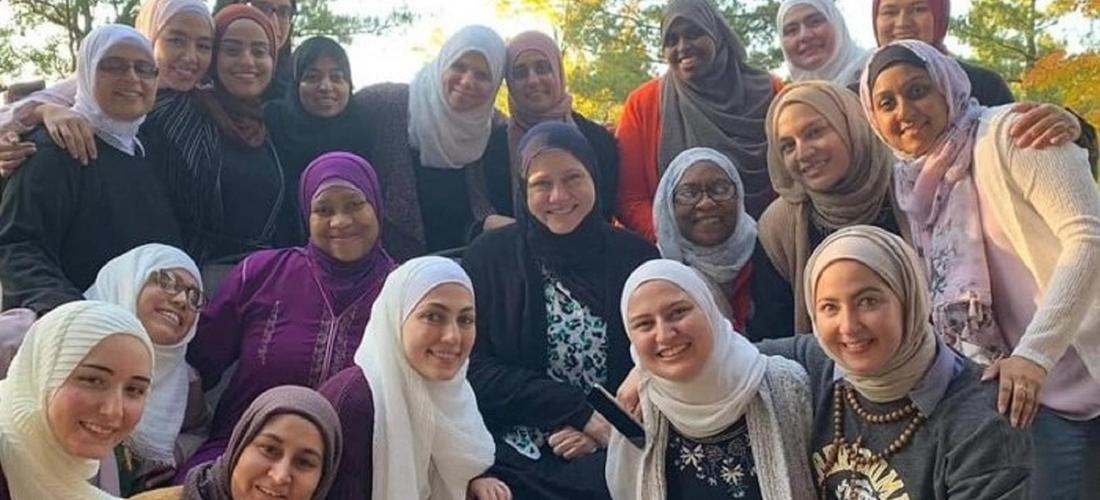
Image source: Rabata and LaunchGood
It’s hard to believe that we are in the final days of the blessed month of Ramadan. These last hours fill many of us with a bittersweet feeling and ennui that we may have earned some blessings, but there is so much more we should’ve done. It is common for many Muslims to engage in intense worship as they search for the Laylatul Qadr in the last 10 nights of the month. Muslims continue to fill the mosques for tarawih prayers in the final days of the month, and many look for ways to give sadaqah (charity) before the Ramadan is gone.
Don’t despair – there still is time.
Sadaqah in Ramadan is part of Prophet Muhammad’s (saw) sunnah. He (saw) was extremely generous during the holy month. According to Ibn Abbas:
The Prophet (ﷺ) was the most generous of all the people, and he used to become more generous in Ramadan when Gabriel met him. Gabriel used to meet him every night during Ramadan to revise the Qur'an with him. Allah's Messenger (ﷺ) then used to be more generous than the fast wind.
[Sahih al-Bukhari 3554]
In keeping with the Prophet’s tradition, Muslims open their wallets and give to the range of Muslim organizations and initiatives in need of funding. It is a noble endeavor that donors hope will increase their good deeds in Ramadan to benefit them in the akhirah (hereafter) and draw them closer to Allah (S), earning his pleasure.
Among the multitude of Islamic endeavors we may select to support (we’ve highlighted several this month in our Ramadan series focused on Islamic charitable and educational organizations), those that promote education and learning about the faith rank among the most important for me. Seeking knowledge is an integral part of developing one’s connection with Allah (S). Beneficial knowledge is one of those deeds that continue on even after we return to our Creator.
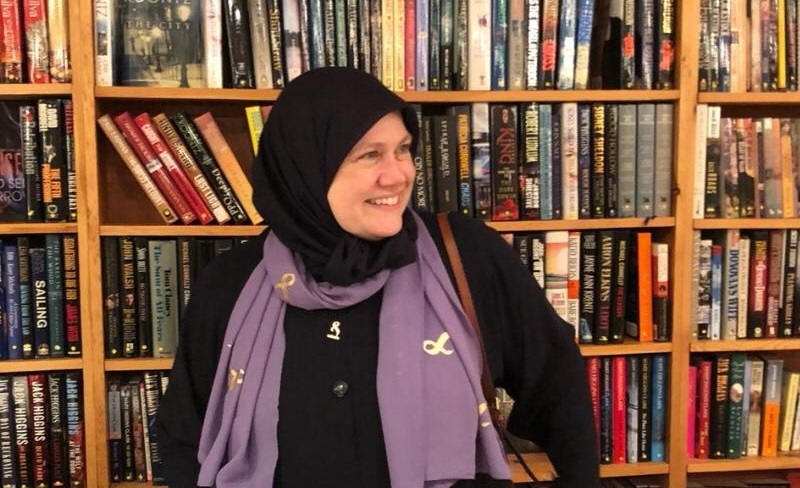
Anse Tamara Gray, founder of Rabata
One institution that provides a way for Muslim women to acquire knowledge is Rabata. Rabata is an Islamic educational organization committed to, “the establishment of the female voice in scholarship.” I recently wrote an article the importance of female Muslim scholars for the Ummah. Female scholars offer vital perspectives on aspects of faith that can enrich one’s understanding and engagement with Islam. Therefore, institutions that promote female Muslim scholarship remain integral.
How Rabata is cultivating female scholars and learned leaders.
By providing Islamic education to Muslim women, Rabata advances Muslim scholarship as a whole in the society and enhances Muslim culture by infusing diversity and vibrancy in the ways we acquire knowledge and broadening who can acquire proficiency and understanding of Islam. They offer a number of programs, including:
- Rabata Academic Program: A digital academy for learning.
- Masjid Rabata: An online spiritual programming for women.
- Youth Programs: Two online learning programs for teens, one for girls, and one for boys.
They also provide free teaching aids for educators and parents and Seasonal Worship workshops and retreats. Did I mention their small press publishing platform Daybreak Press and their worship scheduling and tracking app, Rabata Ibadah? Seriously, these ladies are not playing when it comes to opening knowledge to women!
But what does it mean to provide scholarship and to be considered a “scholar” – a term that is often vague in a lot of Islamic spaces. Who is a scholar?
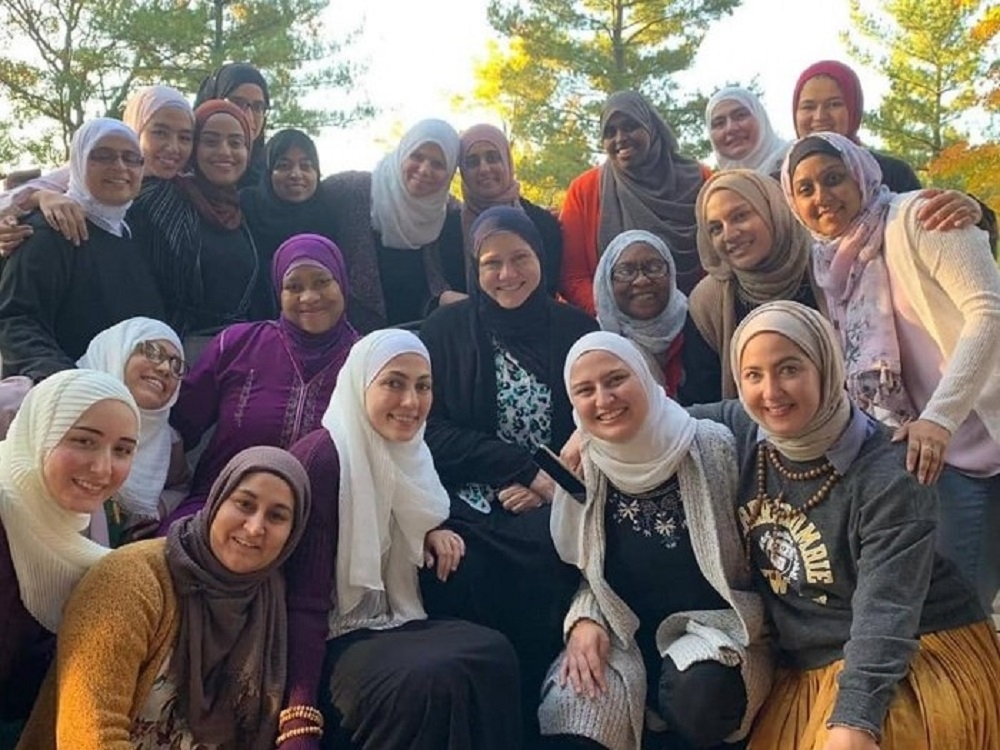
Rabata students and educators with Anse Tamara Gray; image source: Rabata and LaunchGood
“We need to do a lot of unpacking in our community about culturally what it means to be a scholar and what it means to be a follower,” says Rabata founder, Anse Tamara Gray.
“The first level of scholarship is the person who follows,” she explains. “The capacity to follow the religion needs knowledge. We have to have an understanding of how to pray – what are schools of thought, and which ones do I follow? What is in the Quran? What is in the hadith and how [do we] connect to the history of spiritual growth?
“Once we can be followers, then we can talk about growing in scholarship. If we think that to be a scholar means having the ability to give fatwas, then, certainly, not everyone needs to be a scholar. However, if we think more broadly about scholarship, what we really need are learned leaders.”
Anse Tamara encourages everyone to strive to strengthen the intrinsic links between their faith, knowledge and service to the ummah, especially Muslim women, who fundamentally serve as the life breath of societies.
“Research shows that women are the ones who carry forth culture,'' says Anse Tamara. “This is not just Muslim women. This is women across the board. What helps an ummah, a country or a group of people grow, develop and stay together is when they have a strongly-rooted culture.
“The significance of women’s voices can not be understated. If we are to survive as an ummah – meaning that if the Prophet (saw) was to meet us, he would recognize us as his ummah – it is critical that we support Muslim women's scholarship and learned leaders, she says. “It is absolutely critical to have Muslim women whose voices are heard and respected. We want to appreciate and uplift them because their work often comes at a great personal sacrifice.”
Creative education is the way to positive cultural change.
Rabata offers education for Muslim women to achieve the level of knowledge and scholarship they desire, which may not include the deeper regions of scholarship. While we all ideally seek to gain knowledge about Islam, some of us want to stay in the shallow water, learning about the faith to increase our spiritual development and to be of benefit to our families and communities. Anse Tamara explains that learning about the deen is layered and inclusive, allowing everyone to learn to their capacity.
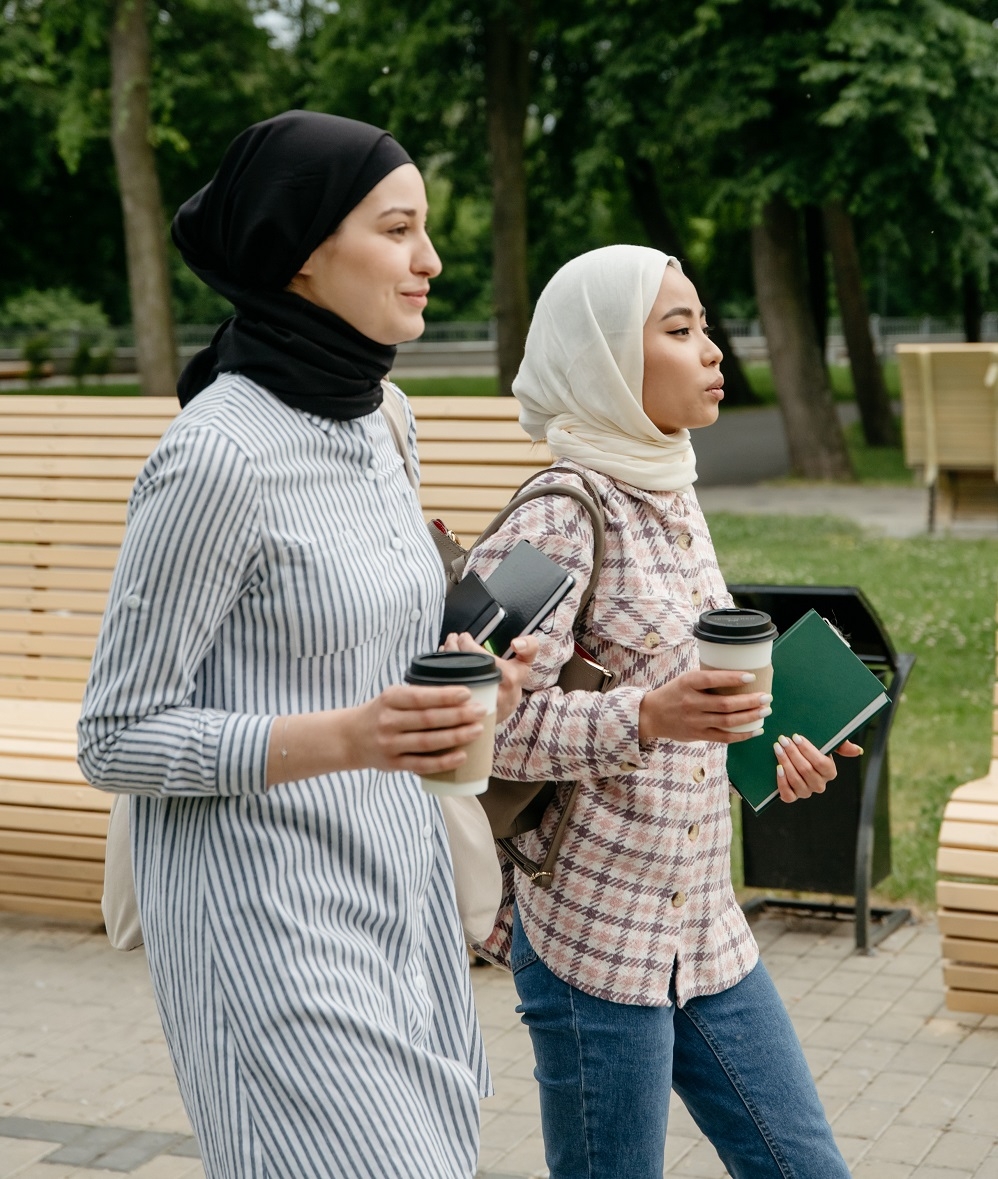
Image source: Pexels
“Not all of us need to be scholars, but we should all [aspire to be] learned leaders. If we define scholar to mean student (as it was originally intended), then yes, we all need to be students of this faith and keep on trying to grow. Iqra bismi rabbika (Read in the name of your Lord) is a constant reminder of our need to learn and that our life and learning is the name of God (Allah).”
We don’t all need to be scholars to reap the benefits and blessings of acquiring knowledge. And one of Rabata’s strong points is that it uses technology to extend Islamic knowledge globally. We don’t have to stress at an inability to travel the globe to learn at brick and mortar institutions.
“Creative education is the way to positive cultural change,” says Anse Tamara. “There are different types of ways of learning and teaching. It’s not just the classroom but also includes traditional learning with modern methodologies, opening our hearts to digital spaces and understanding that this is God’s earth. The world of the internet belongs to Allah (S). The same God who puts the angels around us in a physical space can send the angels around us in a virtual space.”
Every Muslim community needs a resident female scholar.
One of Rabata’s primary objectives is to establish female Islamic scholarship for the uplift of Muslim society and culture. Anse Tamara promotes the installation of Muslimah scholars in Muslim communities throughout society.
“I think that every Muslim community should have a well-paid imam and a well-paid resident female scholar to help support the Muslim community, bring our youth back and find all of the unmosqued. She is not someone who is a muftia (creating new law). She is someone answering questions and who can help to [spiritually edify] the community, create spaces in the masjid that are welcoming and open to everyone, and create a beautiful culture that will uplift us and help us to continue to thrive through the generations.
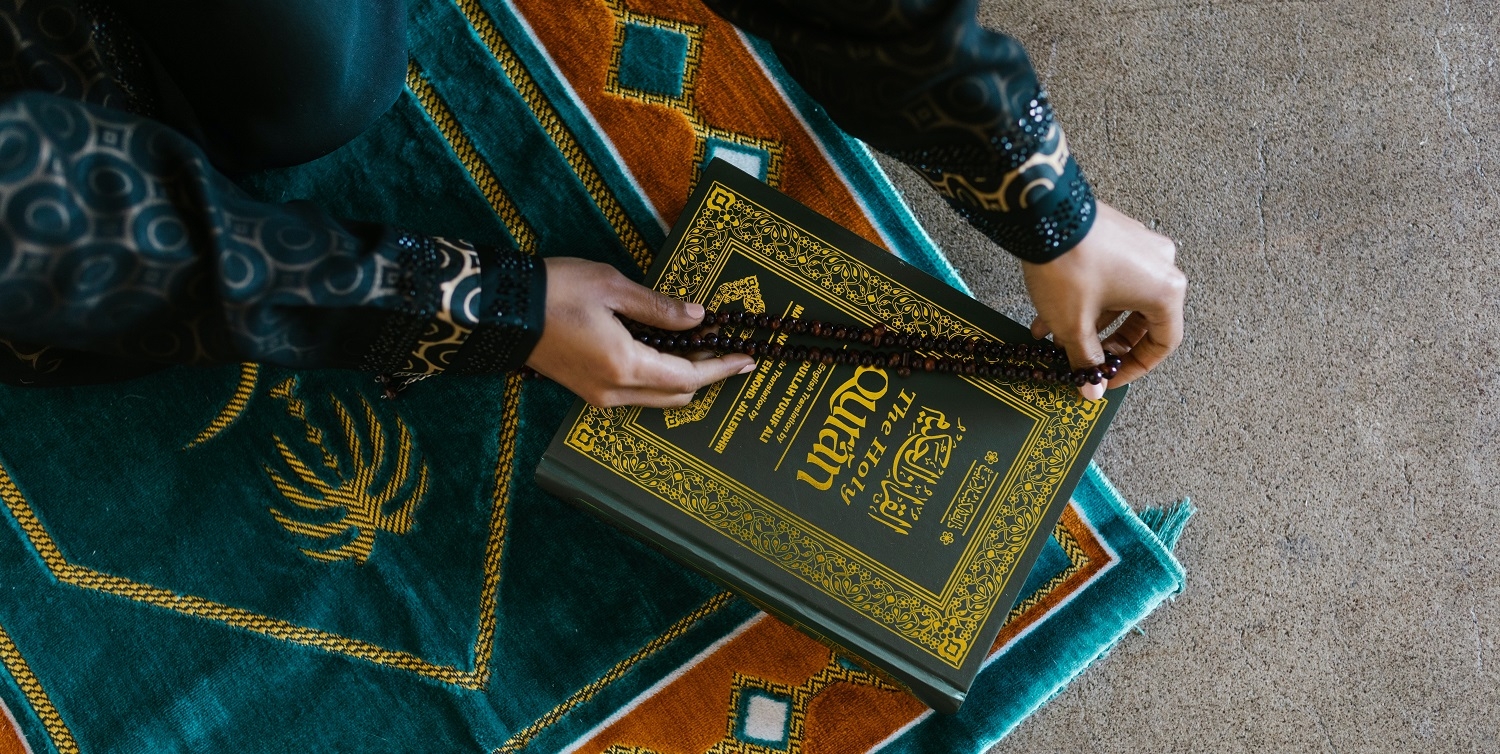
Image source: Pexels
“This is an incredible Ummah. We have great potential. The rest of the world is waiting for us to get our act together so we can affect people in beautiful ways, as we are called to,” says Anse Tamara. “We are the Ummah that is called to enjoin what is right and beautiful and push back on all that is ugly. We’ve got to do it internally (within ourselves, families and communities) so we can do it externally (places where we live).”
The religion of Islam encourages its adherents to seek and absorb knowledge. Providing support to Islamic educational institutions like Rabata offers us the opportunity to promote knowledge that will benefit us long after we are no longer able to fast or pray tarawih.
Subscribe to be the first to know about new product releases, styling ideas and more.
What products are you interested in?

